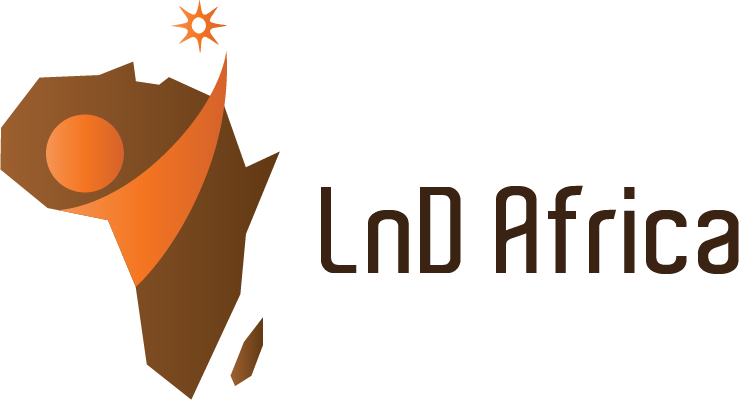
Beyond the Course Catalogue: How We're Building the Future of Learning in Africa.
By Emmanuel Abrokwah
Let’s be honest. How many of you have spent months crafting the perfect annual training plan, complete with a shiny catalogue of courses, only to see half of them get cancelled and the other half met with a collective sigh from employees who see it as just another item on their to-do list?
I’ve been there. As a Learning Solutions Officer, I used to think a full calendar meant success. But I’ve learned that our role isn’t to be the busiest trainers; it’s to be the most impactful problem-solvers.
Africa is buzzing with talent, ambition, and the youngest population on the planet. But we’re running a race against a widening skills gap. The old, rigid model of L&D – the one built on scheduled events and generic content – is too slow for our pace. It’s like trying to serve a feast when people just need a quick, nutritious snack to keep them going.
It’s time to tear up the catalogue (metaphorically, of course!) and start building something more dynamic, more responsive, and truly African: an agile learning ecosystem.
Why the “Course” is No Longer King
Think about how you learn something new today. If you need to fix a leaky tap, you don’t sign up for a 3-day “Home Plumbing 101” course next quarter. You watch a 2-minute YouTube video right now. So why do we expect our employees to learn differently?
The traditional model is failing because:
- It’s impersonal: A course created for a global audience misses the unique nuances of our local markets.
- It’s ill-timed: Learning is pushed on our schedule, not pulled when it’s actually needed.
- It’s inefficient: It takes people away from their jobs for hours to learn things they might only need a fraction of.
So, What Does an “Agile Learning Ecosystem” Look Like?
Imagine a place where an employee in Kampala can instantly access a 5-minute video on a new software feature, recorded by a colleague in Cairo. Where a sales team in Lagos can pull up a podcast on negotiating in a volatile market during their morning commute. Where learning is woven into the workflow, not separate from it.
This is Our Moment
This shift isn’t about fancy tech; it’s about a change in mindset. We are moving from learning administrators to solution architects. From event planners to experience designers.
It can feel daunting, so start small. Pick one team. Solve one problem. Learn, adapt, and grow from there. The future of Africa’s economic growth will be built by a skilled, agile, and continuous learning workforce. And we, as L&D professionals, have the incredible privilege of building the ecosystems that will make it possible.



